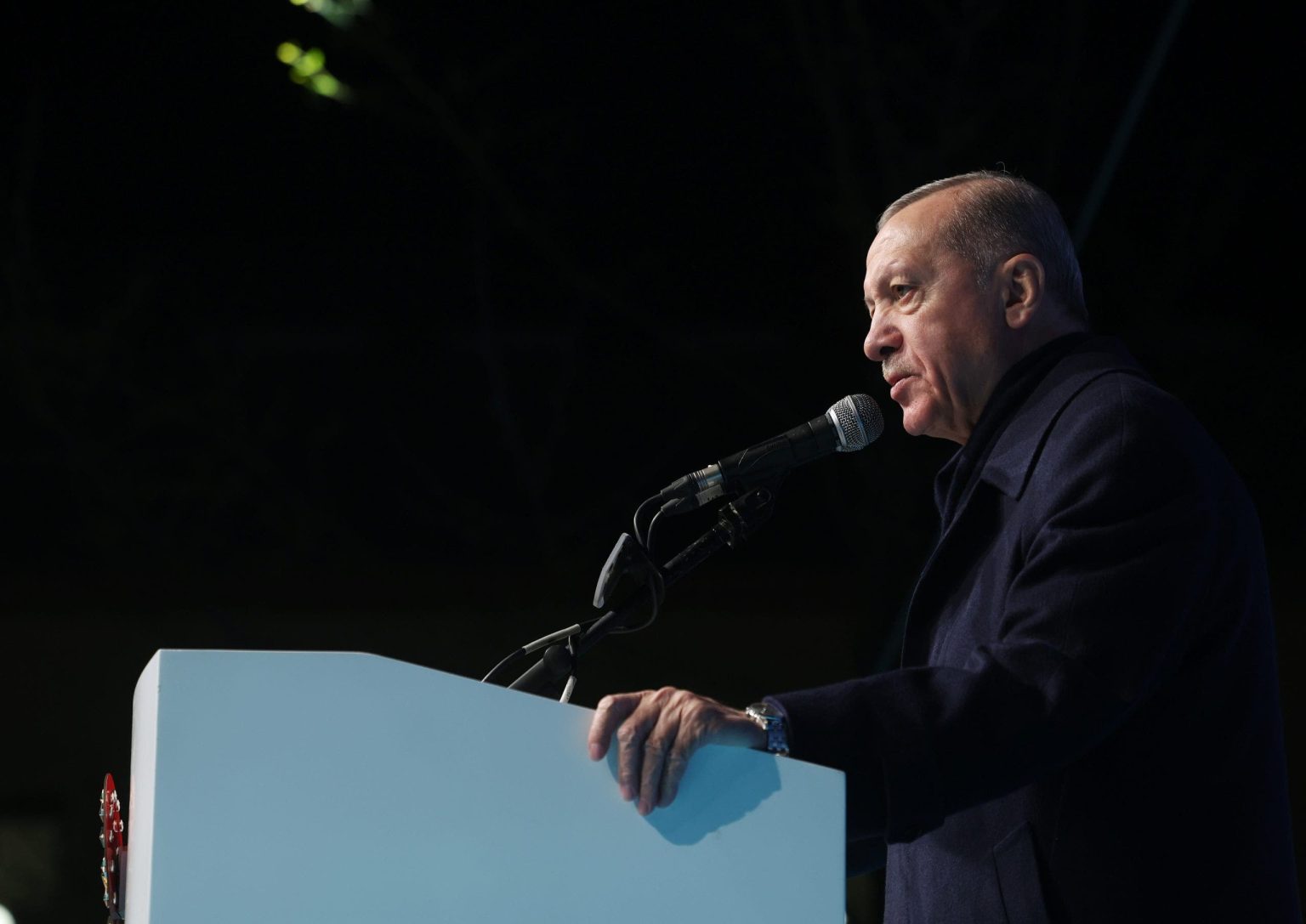The recent local election losses for Turkish President Recep Tayyip Erdoğan’s party have stirred up discussions about the potential implications for the upcoming general elections. While some experts believe that the short-term effects will be minimal, others see these results as a warning sign for Erdoğan’s hold on power. The election, primarily focused on local government, witnessed the emergence of opposition candidates like Istanbul Mayor Ekrem Imamoglu from the Republican People’s Party (CHP) who may pose a challenge to Erdoğan in the next general election.
The CHP managed to secure victories in nearly half of Turkey’s provinces, with Ekrem Imamoglu and Ankara Mayor Mansur Yavas winning re-election by wide margins. This marked a significant shift in support away from Erdoğan’s Justice and Development Party (AKP), with the CHP garnering 37% nationwide support, outperforming AKP for the first time in two decades. Despite facing economic woes and inflation, the CHP’s strong showing in these elections has raised concerns for Erdoğan’s position ahead of the 2023 general election.
The rise of a younger, more secular opposition leader in Ekrem Imamoglu has sparked comparisons to Erdoğan’s own political ascent. Winning Istanbul, a pivotal and influential city, holds great significance in national politics and could potentially boost an opposition candidate’s chances in the upcoming general election. The recent double mayoral victories for CHP have signified a break in Erdoğan’s established dominance, leading many to speculate about his prospects in the future political landscape of Turkey.
Despite a narrow victory in the recent local elections, Erdoğan cannot afford to ignore the warning signs that have emerged. The shift in support across the country, transcending traditional urban-rural divides, indicates a changing political dynamic in Turkey. The opposition’s ability to attract a diverse range of voters, including conservatives and Kurds from big cities, highlights the broadening appeal of opposition candidates and raises questions about Erdoğan’s diminishing support base.
The impact of the recent election results extends beyond Erdoğan’s immediate control, with implications for the overall political landscape of Turkey. As the opposition continues to gain momentum and broaden its appeal, the 2023 general election looms as a major battleground for Erdoğan and his party. The shift in support towards opposition candidates underscores the growing discontent with Erdoğan’s leadership, fueled by economic challenges and other issues that have plagued the country in recent years.
The local election losses for Erdoğan’s party have not only signaled a potential shift in power dynamics within Turkey but have also raised concerns about the future of the country’s leadership. The emergence of strong opposition figures like Ekrem Imamoglu and Mansur Yavas has presented viable alternatives to Erdoğan’s rule, sparking debates about the direction that Turkey’s political landscape may take in the coming years. As the country grapples with economic challenges and other issues, the upcoming general election will serve as a critical turning point in determining the country’s future trajectory.


